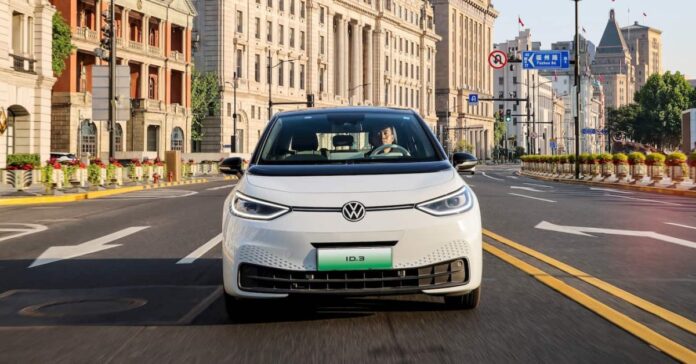Europe’s largest automaker, Volkswagen, may be on the edge of another crisis. VW is losing market share in its most important market, China, as Tesla and other EV makers in the region widen their lead. Those same Chinese automakers are now turning their sights on Europe, VW’s home market.
Earlier this year, Thomas Shafer, CEO of Volkswagen Passenger Cars, was quoted by German publication Manager Magazin, saying, “The roof structure is on fire. This is the final wake-up call.”
The comments, made at a management meeting, were largely due to the automaker losing market share in China.
China is an important (if not the most important) market for VW. The German automaker dominated the market for decades, generating almost half its earnings.
However, times are changing, and Volkswagen is lagging. The transition to EVs in China caught VW flat-footed. During the pandemic, EV makers in the region, such as BYD, NIO, XPeng, and others, doubled the number of electrified options. Many of which are offered cheaper than VW models.
According to Automotive News, after a top executive was sent to China to assess the competition, the message relayed back to CEO Oliver Blume was bleak.
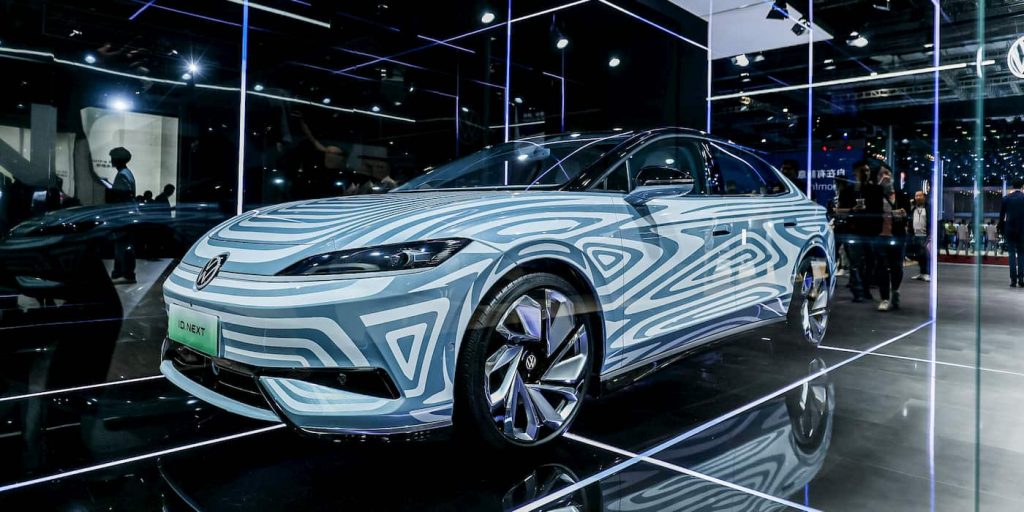
Volkswagen struggles as China’s EV makers expand
The executive told his new boss that Volkswagen was losing the EV race in one of its key markets, and the hopes of catching up didn’t look promising.
Rather than Audi’s having the “Vorsprung durch Technik” or advantage through technology, now Tesla and EV makers from China have become the go-to for new features and tech.
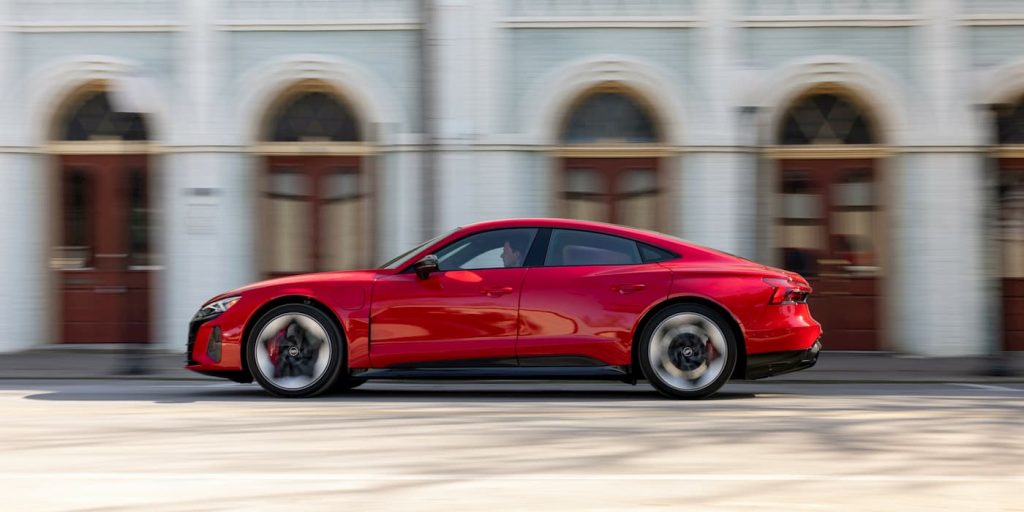
And now VW may have a bigger problem on their hands. These EV pioneers in China are headed for Europe.
The transition was evident at this year’s IAA Mobility in Munich, with China’s EV presence doubling compared to 2021. China’s EV leaders like BYD and SAIC’s MG showed off impressive models aimed at the EU market, like the BYD SEAL electric sedan with up to 570 km (354 mi) range starting at 45,000 euros (about $48,000).
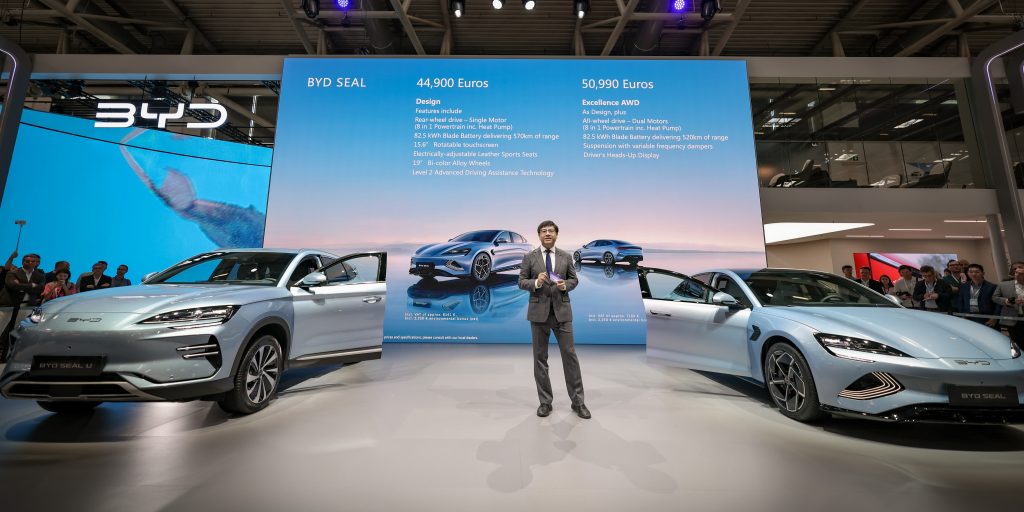
NIO also launched the ET5 Touring, its first electric station wagon this summer, aimed at European automakers like Porsche and BMW.
VW is trying to right the ship, which involves overhauling its software unit and collaborating with outside partners. In July, the company invested $700 million into Chinese EV maker XPeng for a nearly 5% stake to develop new models and reverse its fallout in the region.
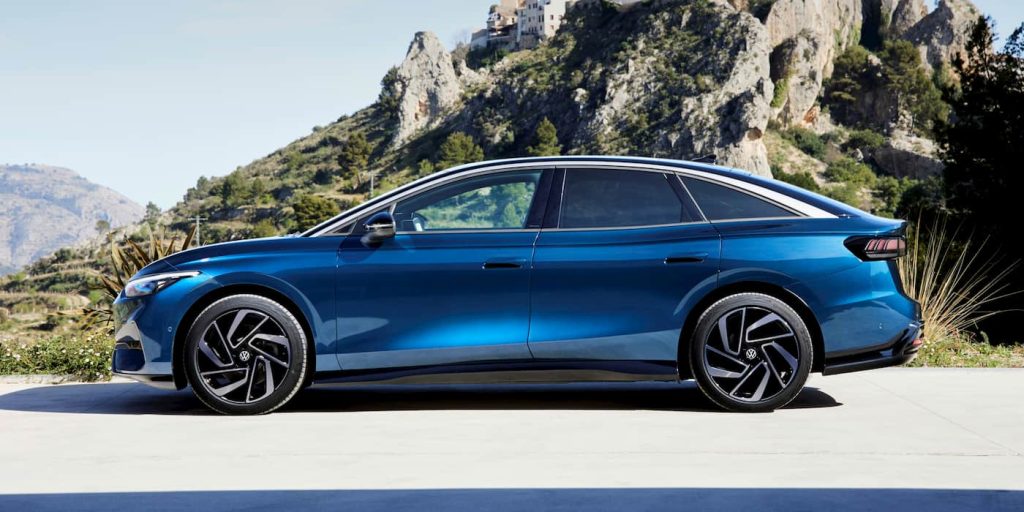
The move came after VW’s luxury brand Audi and Chinese state-owned SAIC Motor established a long-term partnership to develop new EV models in the region.
Outside of China, Volkswagen placed a large-scale order for battery systems assemblies with Hyundai’s supplier, Hyundai Mobis.
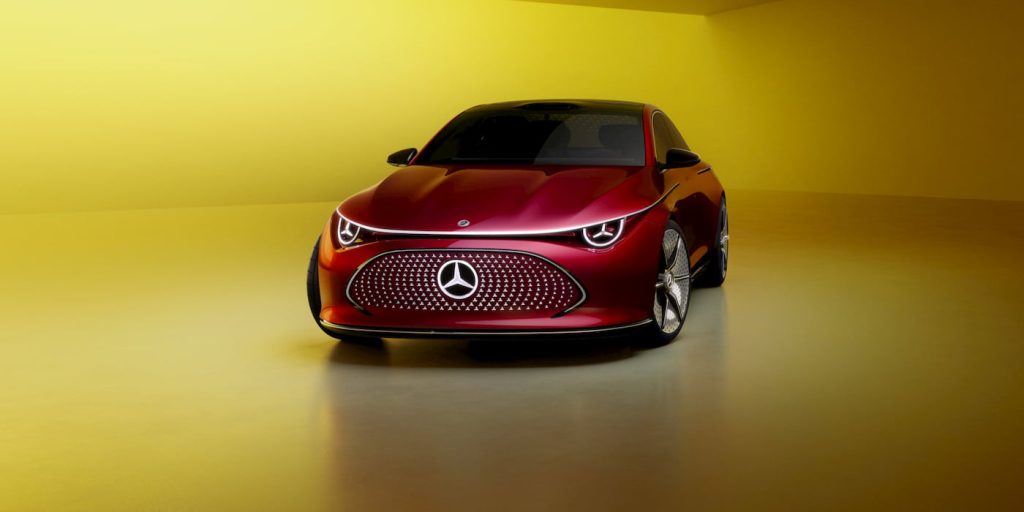

Rival luxury automakers BMW and Mercedes-Benz also revealed their visions for the future with BMW’s Neue Klasse and Mercedes’ first entry-level EV concept. The new models aim to counter lower-priced and often better-equipped EVs from Tesla and Chinese automakers moving onto its home turf.
Electrek’s Take
Despite the share of EVs shipped to Germany from China more than tripling in the first three months of 2023, Blume believes VW still has the advantage in Europe.
In Blume’s own words, they will “not be able to offer the level of costs they offer in China in Europe.” He explained that because of the high costs associated with adapting vehicles to European requirements and establishing a sales network, prices are doubling overseas.
Volkswagen has already slashed prices on its ID.3 and ID.4 electric models in China to keep up with the competition. Is the same destined to happen in its home market? Automakers like BYD, NIO, and others continue expanding their presence. If VW doesn’t turn it around quickly, they will likely have a bigger problem.
